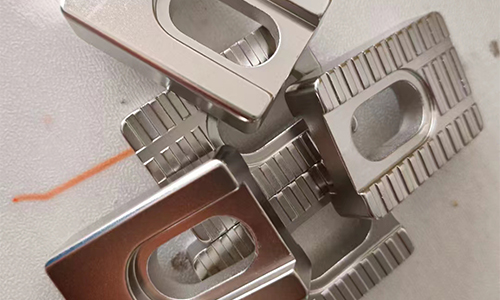- Chinese
-

-



+86-755-8884 1667
+86-189 2678 2694

Magnets are generally made of various materials, including rare earth neodymium, rare earth praseodymium, pure iron, aluminum, boron iron alloys, and other rare earth raw materials. These materials are processed through specific processes such as batching, melting ingots, powder making, molding, sintering and tempering, magnetic testing, grinding, cutting, electroplating, magnetization, etc., and ultimately made into magnets.
Specifically, there are several common types of magnets and their main materials:
Neodymium iron boron magnet: It is currently one of the highest performing magnets, mainly made from rare earth metals neodymium, iron, and boron. It has strong magnetic properties and is widely used in various high-performance motors, sensors, and other fields.
Ferrite magnet: The main raw materials include BaFeO and SrFeO, which are produced by ceramic process. This type of magnet has good temperature resistance, low price, and moderate performance, so it is widely used.
Aluminum nickel cobalt magnet: made of an alloy composed of aluminum, nickel, cobalt, iron, and other trace metal elements. This type of magnet has good processability and can operate at temperatures above 600 degrees Celsius, making it widely used in various instruments and other application fields.
SmCo magnets: classified into SmCo æ and Sm₂ Co based on their composition, are a type of rare earth permanent magnet. It has a high magnetic energy product, reliable coercivity, and good temperature characteristics.
In addition to the common types of magnets mentioned above, there are also bonded magnets, injection molded magnets, etc., which are made by mixing metal powders such as iron, cobalt, nickel with adhesives such as resin and plastic, and then pressing or injection molding. The strength, shape, and size of these magnets can be customized according to needs.
In short, there are various materials and processes for making magnets, and different materials and processes can be used to make magnets with different properties and characteristics to meet various application needs.


Mobile website